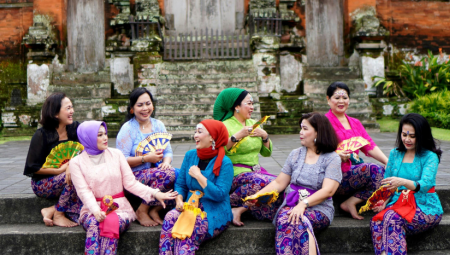Background
This pilot study explored how fit for purpose inclusion health training is for medical students and postgraduate clinicians. Utilising PPI collaborations, it will enquire (via civil society advocates who may themselves have lived experience) how patients from the inclusion health communities experience service delivery and recommendations for curricula/preparatory information medics should receive prior to contact with inclusion health or marginalised populations.
Project Aims
This research focused on both gaining a greater understanding of the factors influencing the teaching and learning experiences of staff and students in the field of medical education (inclusion health) and also exploring the perceptions of civil society specialists/service users from inclusion health groups, in relation to the effectiveness of current provision/or need for additional development and training for medics supporting public health and wellbeing for service users included within the rubric of ‘homeless and inclusion health’ patients.
Further, a second tier aim consists of expanding networks of practice at local, regional and national level (including through collaborations with NIHR ARC East of England; the Cambridgeshire Homeless Impact Research Network and local authorities/public health teams) and aiding the development of a broader understanding of the ways in which opportunities or barriers exist to embedding inclusion health learning and placement opportunities within undergraduate medical education.
Project Activity
- The research team gained ethical approval from the School of Education and Social Care Research Ethics Panel in the Faculty of Health, Education, Medicine and Social Care at Anglia Ruskin University in February 2023 (Reference: ETH2223-4334).
- A literature and documentary view will be conducted which will include findings from database searches of journal articles and reports, including any extant information on systematic reviews or publications which focus on curricula content and the impact on preparedness for practice of medical students supporting ‘inclusion health’ groups; publicly available medical school curricula, documentation from Royal Colleges, and other relevant grey information sources pertaining to inclusion health materials included within medical schools qualifying medical degrees.
- A survey will be sent to the 55 medical schools in the UK to uncover the extent of health inclusion in curricula and the approach to educational delivery and assessment of such content. The Medical Schools’ Council are supporting distribution of the survey to Deans, Heads of Medical Schools or or alternative nominated senior leaders. Surveys (anticipated n = 30) will also be sent to key service providers and NGOs working with a range of marginalised communities/inclusion health groups, to explore their opinions of the preparedness for practice/awareness of the specific socio-cultural needs and barriers to engagement impacting the groups they support, amongst non-specialist medics in contact with their client groups.
- Additionally, 4-6 in-depth semi-structured interviews with suitably experienced medical academics involved in design of curricula/delivering teaching to medical students, to explore perceptions and attitudes towards health inclusion, and how they identify sources of support for teaching, including their knowledge of best practice, and availability of specialist placements for trainees interested in working in inclusion health fields.
- A focus group will also take place with NGO/civil society representatives working on health access for inclusion health groups (with participants selected to represent a diverse range of service user groups), to explore in more depth the themes which emerge from surveys.
- Findings will be analysed using ‘Framework’ thematic methodologies, to identify key themes in qualitative findings. Findings will also be co-reviewed with a specialist GP and other informal advisory group members who will be able to comment on the validity of findings and recommendations as well as supporting reflection on the potential/experience of specialist inclusion health practitioners in relation to input to undergraduate or postgraduate training.
- The research team will also seek reviews/critical reading/feed-back from their wide-ranging inclusion health specialist networks that are known to the applicants and with whom the team have long-term working relationships, including WHO migration and Roma health specialist Professor Dr Istvan Szilard of the University of Pecs Medical School, Public Health Department, Hungary.
Outputs and impact
- Final report, which includes findings.
- It is anticipated that the impact of this work will be to contribute to raising the profile of inclusion health in medical school curricula and aid the development of a broader understanding of the ways in which opportunities or barriers exist to embedding inclusion health learning and placement opportunities within undergraduate medical education.
Papers and resources
Read the related report, titled ‘An Exploration of Inclusion Health Teaching in Undergraduate Medical Curricula full report'
Read the related summary, titled 'An Exploration of Inclusion Health Teaching in the Undergraduate Medical Curricula Summary Report June 2024'
Who was involved?
- Professor Margaret Greenfields, Anglia Ruskin University
- Professor Sanjiv Ahluwalia, Anglia Ruskin University
- Ms Sophie Coker, Anglia Ruskin University
- Ms Kristina Church, Anglia Ruskin University
Contact us
Margaret Greenfields, Margaret.Greenfields@aru.ac.uk





